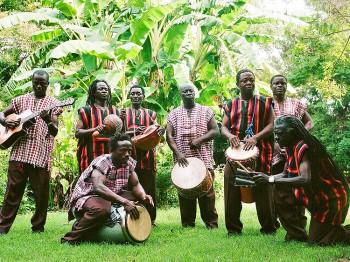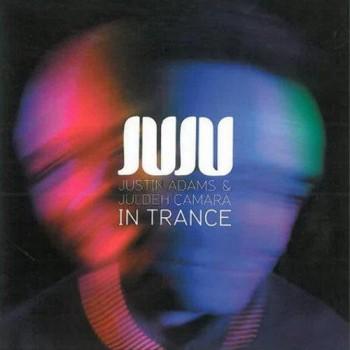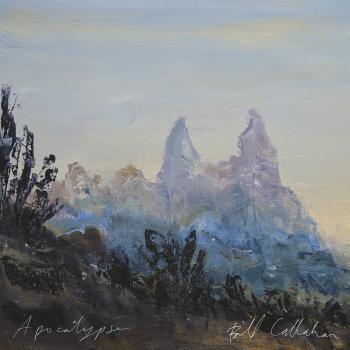The two young Kora players entered with grace and dignity. As they began to play a white butterfly darted around the performers.
The Sounds Of West Africa suggests a fusion or collaboration, but in fact relates to the 13th century Empire of Mali, known as Mandingo.
The Mandingo Empire incorporates what is now known as Mali, Senegal, Gambia, Guinea-Bissau, Burkina Faso, and some parts of Mauritania, Niger and Cote D’Ivoire.
The Empire spanned nearly all the land between the Sahara Desert and the coastal forests, and by 1350 ruled over 400 cities, giving it the highest population worldwide at that time, with the exception of the Mongol Empire.
The second song incorporated the Sabaa, which is a type of drum using a stick which is unique to Senegal, unlike the Djembe which originated in Mali but has spread across West Africa.
The energetic dancing too was related specifically to the Senegalese Sabaa drum.
Interestingly, one of the musicians bore a striking resemblance to US R’n’B sensation Usher.
Catching up with percussionist and singer Kalifa Conte after the show, he spoke the photo of Cherachmadubamba worn on an Africa pendant around his neck, which he described as a Haile Sellasie like figure in his culture.
He also spoke about WOMAD Festival, mainly translated from the French language.
The Sounds Of West Africa suggests a fusion or collaboration, but in fact relates to the 13th century Empire of Mali, known as Mandingo.
The Mandingo Empire incorporates what is now known as Mali, Senegal, Gambia, Guinea-Bissau, Burkina Faso, and some parts of Mauritania, Niger and Cote D’Ivoire.
The Empire spanned nearly all the land between the Sahara Desert and the coastal forests, and by 1350 ruled over 400 cities, giving it the highest population worldwide at that time, with the exception of the Mongol Empire.
The second song incorporated the Sabaa, which is a type of drum using a stick which is unique to Senegal, unlike the Djembe which originated in Mali but has spread across West Africa.
The energetic dancing too was related specifically to the Senegalese Sabaa drum.
Interestingly, one of the musicians bore a striking resemblance to US R’n’B sensation Usher.
Catching up with percussionist and singer Kalifa Conte after the show, he spoke the photo of Cherachmadubamba worn on an Africa pendant around his neck, which he described as a Haile Sellasie like figure in his culture.
He also spoke about WOMAD Festival, mainly translated from the French language.







